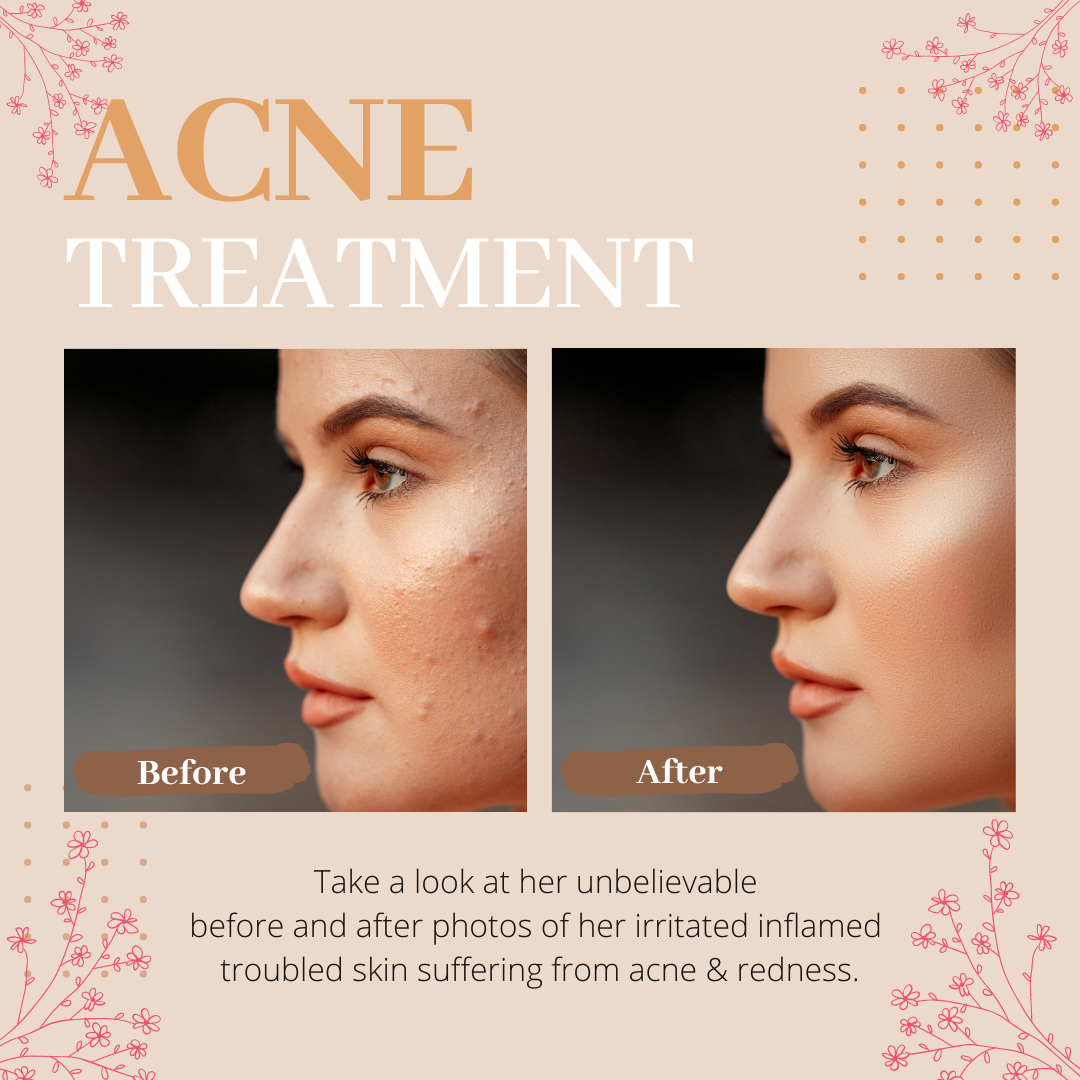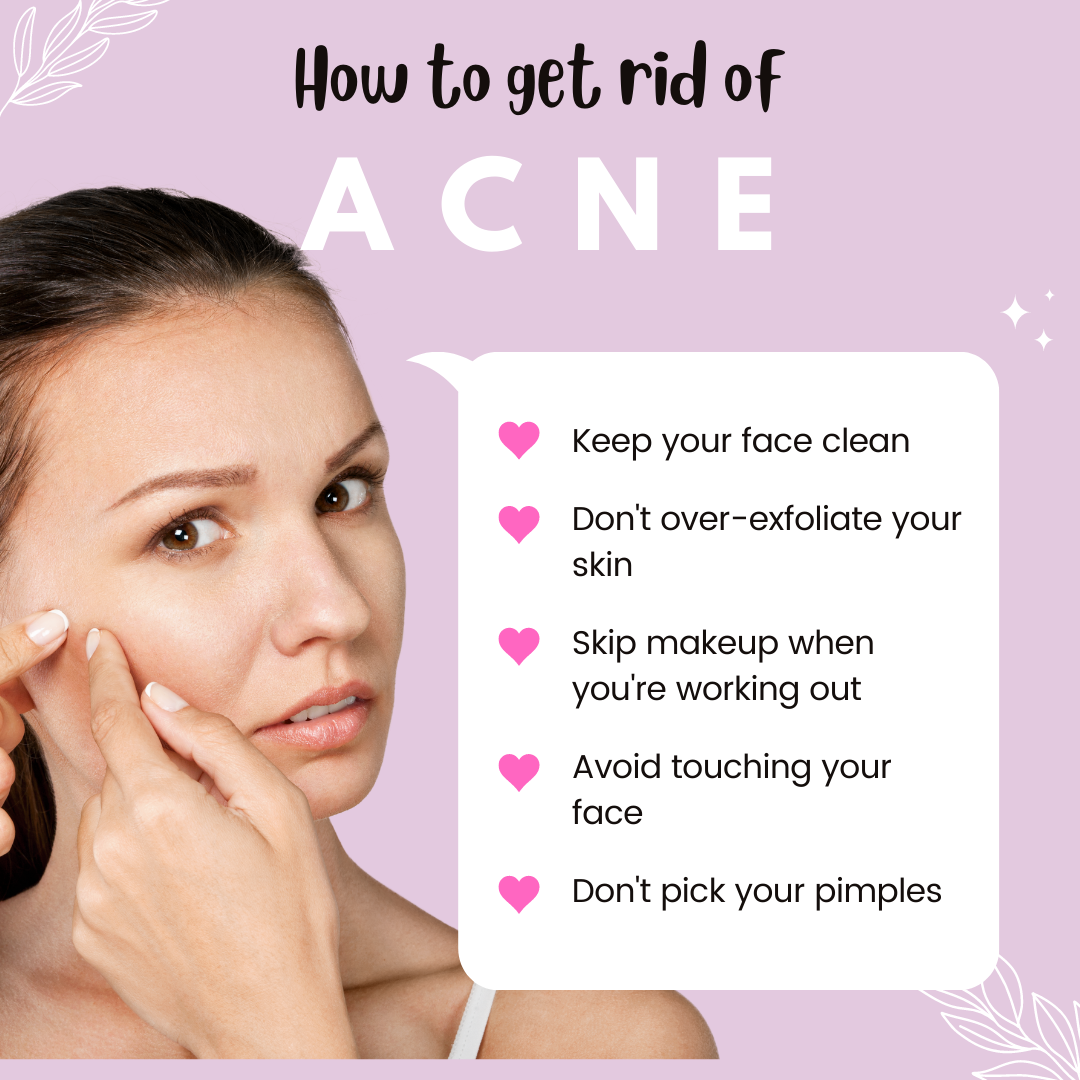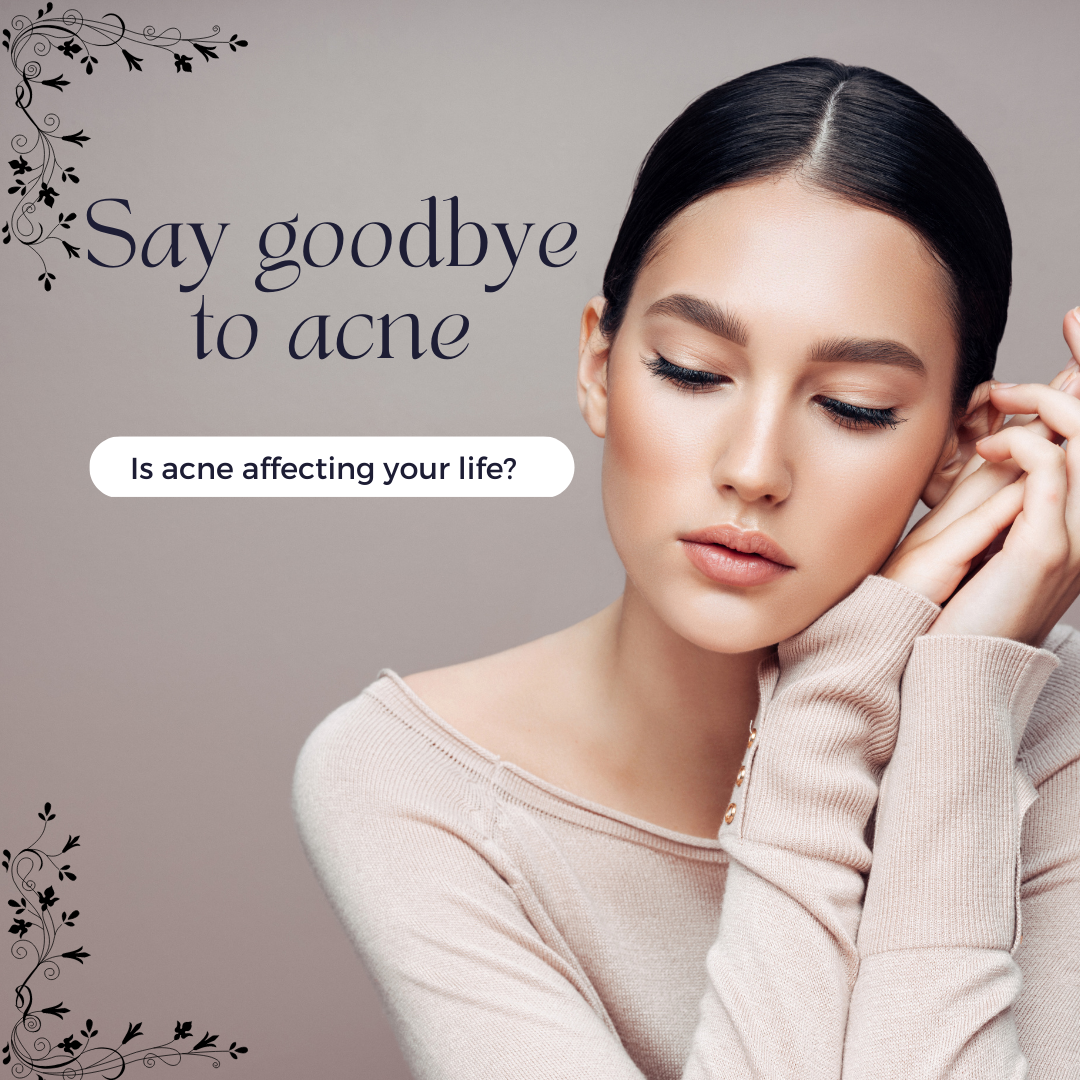ACNE SCARS
Acne scars are the result of inflammation caused by acne breakouts. There
are three main types of acne scars: atrophic scars, hypertrophic scars, and
keloid scars.
Atrophic Scars
Atrophic scars occur when there is a loss of tissue, resulting in a
depression or indentation in the skin. This type of scar is further classified
into three subtypes: ice pick scars, boxcar scars, and rolling scars. Ice pick
scars are narrow, deep, and V-shaped, while boxcar scars are wider and have
sharp edges. Rolling scars, on the other hand, have a wave-like appearance.
Hypertrophic Scars
Hypertrophic scars occur when there is an excess of tissue, resulting in
raised scars that are usually reddish and firm to the touch. These scars are
more common in people with darker skin tones.
Keloid Scars
Keloid scars are similar to hypertrophic scars, but they are larger and
extend beyond the boundaries of the original acne lesion. Keloid scars can be
itchy, painful, and may continue to grow over time.
Causes of Acne Scars
The causes of acne scars include picking or squeezing acne lesions, which
can damage the skin tissue and lead to scarring. Inflammatory acne, such as
cystic acne, is also more likely to result in scarring. Additionally, genetics
and skin type can also influence a person's likelihood of developing acne
scars. Finally, delayed or inadequate treatment of acne can increase the risk
of scarring.
Treatment of Acne Scars
Acne scars can
be a frustrating problem for many people. While there are various medical
treatments available to help remove acne scars, there are also a number of home
remedies that can be effective in fading and smoothing out the appearance of these
scars. Here are some tips for using home remedies to remove acne scars:
Use aloe vera
Aloe vera is a
natural plant extract that is known for its soothing and healing properties. It
is commonly used to treat sunburns and other skin irritations. To use aloe vera
to remove acne scars, simply apply the gel directly to the scarred area and
massage it in gently.
Try lemon juice
Lemon juice is
a natural astringent and skin lightener. To use lemon juice to remove acne
scars, simply squeeze the juice of one lemon into a small bowl and apply it to
the scarred area using a cotton ball. Leave it on for about 15 minutes. then
wash it with warm water.
Use baking soda
Baking soda
help to remove dead skin cells and promote the growth of new, healthy skin. To
use baking soda to remove acne scars, mix a small amount of baking soda with
water to create a paste. Apply the paste to the scarred area and massage it in
gently. Wash with warm water
after 5 minutes.
Apply honey
Honey is a
natural moisturizer that can help to soften and smooth the skin. To use honey
to remove acne scars, apply a thin layer of raw, organic honey to the scarred
area and leave it on for about 15 minutes before rinsing it off with warm water.
Use coconut oil
Coconut oil is
a natural oil that is rich in antioxidants and fatty acids, which can help to
nourish and repair the skin. To use coconut oil to remove acne scars, simply
apply a small amount of the oil directly to the scarred area and massage it in
gently.
Try apple cider vinegar
Apple cider
vinegar is a natural astringent that can help to balance the pH of the skin and
reduce the appearance of acne scars. To use apple cider vinegar to remove acne
scars, mix equal parts apple cider vinegar and water in a small bowl. Apply the
mixture to the scarred area using a cotton ball, and leave it on for about 15
minutes before rinsing it off with warm water.
Use tea tree oil
Tea tree oil
is a natural oil that is known for its antimicrobial and anti-inflammatory
properties. It can help to reduce the appearance of acne scars by reducing
inflammation and promoting the growth of new, healthy skin. To use tea tree oil
to remove acne scars, mix a few drops of the oil with a carrier oil such as coconut
oil or jojoba oil. Apply the mixture to the scarred area and massage it in
gently.
By using these
home remedies regularly, you may be able to fade and smooth out the appearance
of acne scars over time. It's important to be patient, as it can take several
weeks or even months to see results. In addition, it's important to be
consistent with your treatment and to use these remedies as directed to ensure
the best results. As with any skin care treatment, it's also important to use
sun protection to help prevent further damage to the skin.
FAQs
Q: What are acne scars?
A: Acne scars are permanent marks or indentations that are left behind
after acne breakouts have healed.
Q: Can acne scars be treated?
A: Yes, acne scars can be treated through a variety of methods, including
dermal fillers, laser therapy, chemical peels, microdermabrasion, and skin
resurfacing.
Q: Do all acne scars require medical treatment?
A: No, not all acne scars require medical treatment. Mild scarring may fade
over time or can be concealed with makeup. However, severe or deep scarring may
require medical treatment to improve their appearance.
RELATED POST
Daily Skin Care Routine At Home | Basic Skin Care Routine
How To Get Glass Skin Naturally At Home | How To Get Spotless Skin At Home
07 Surprising Health Benefits of Coconut You Need to Know








No comments:
Post a Comment